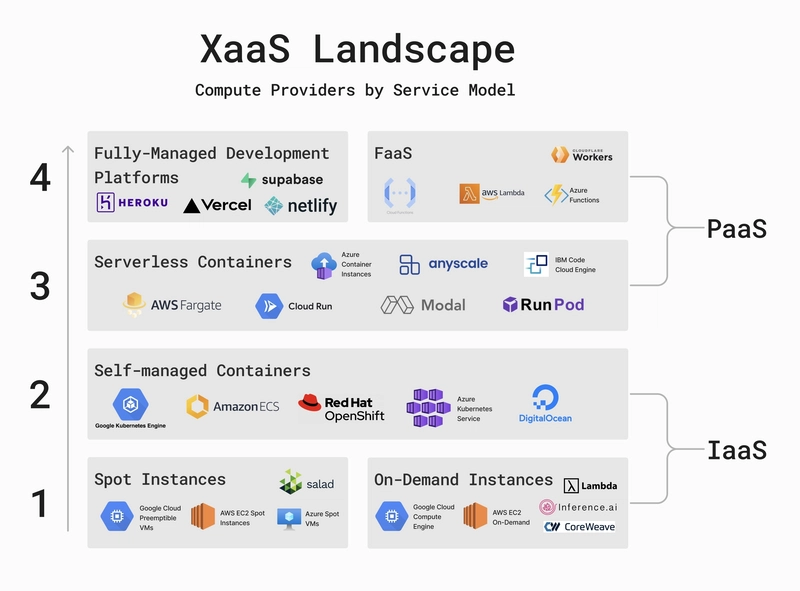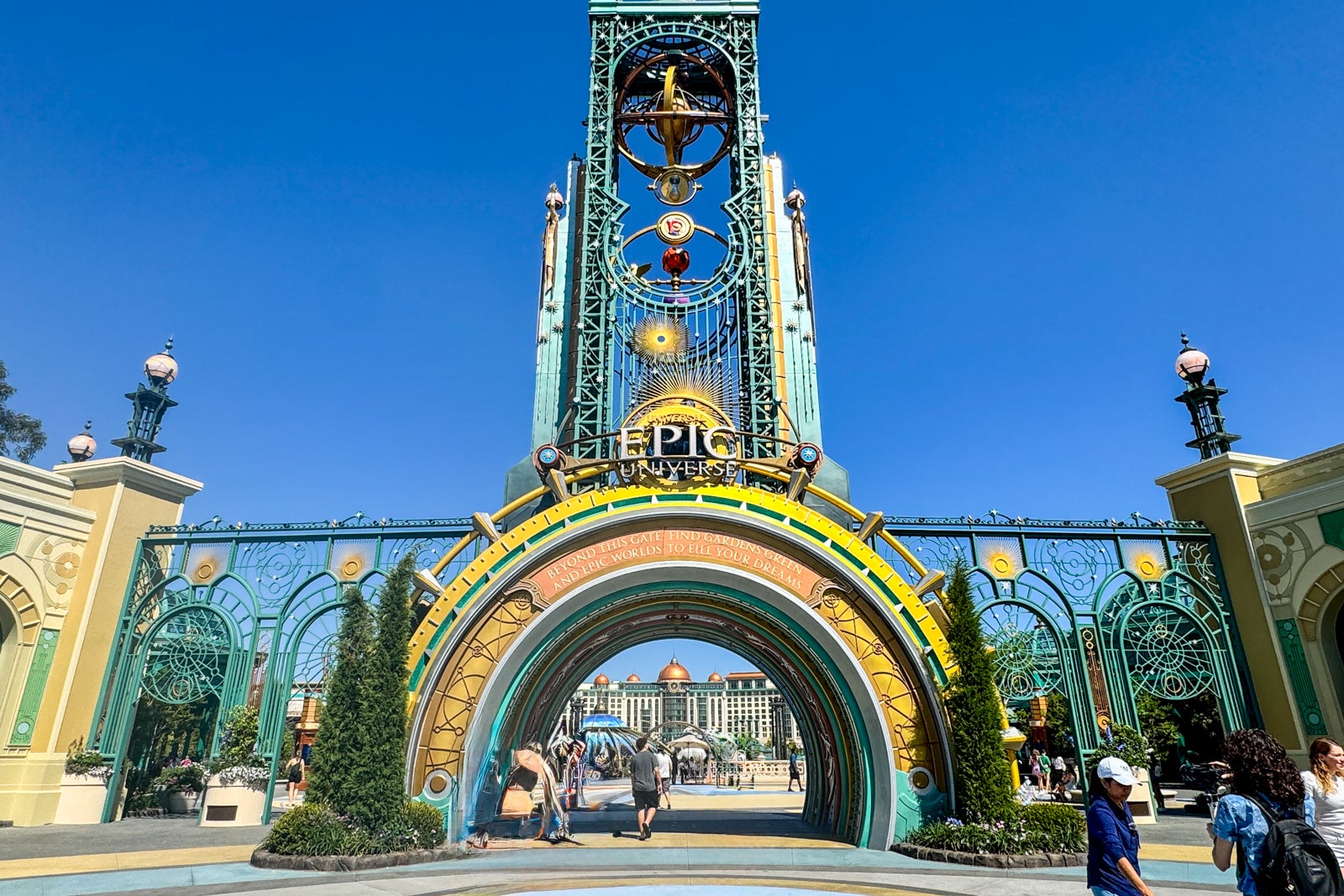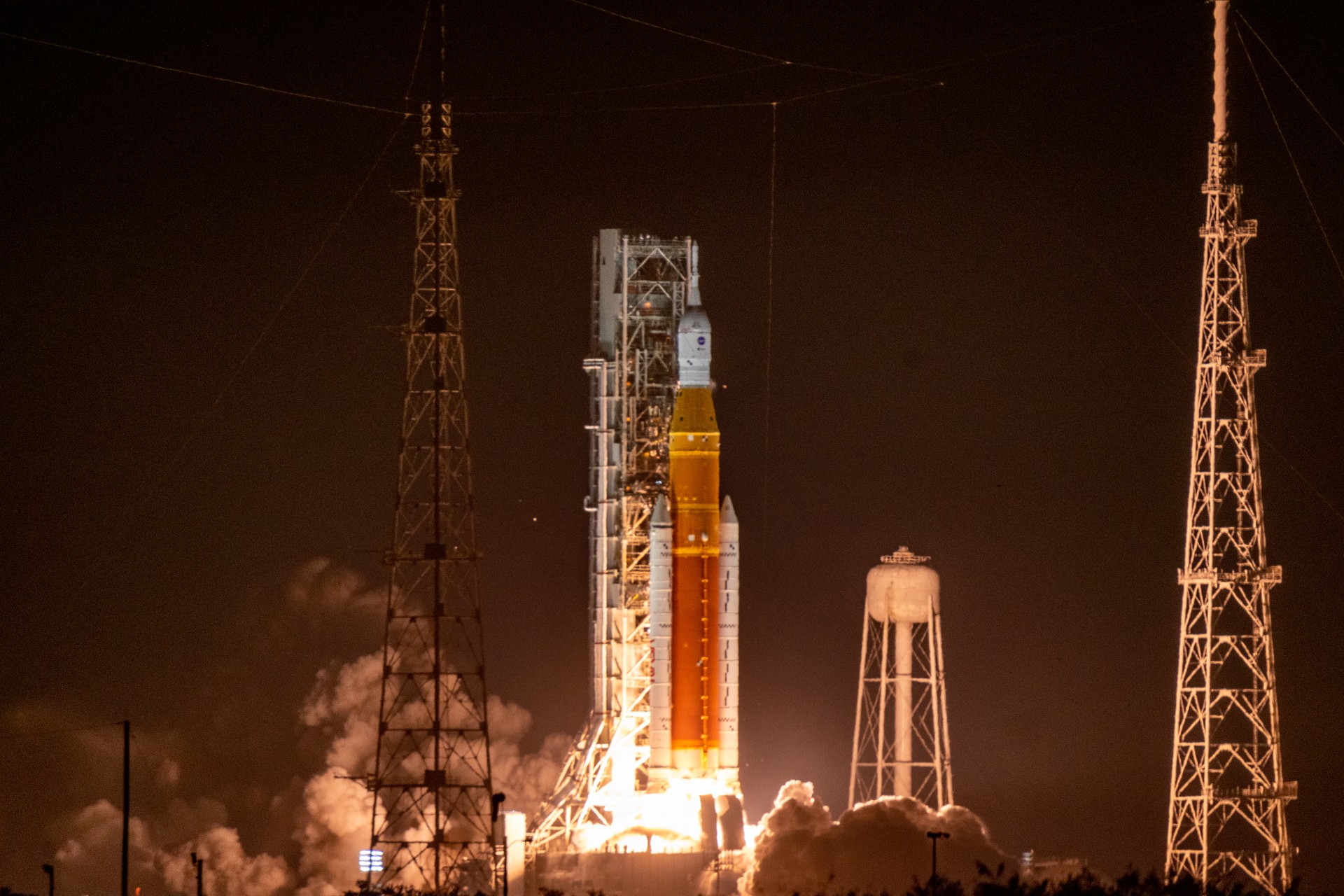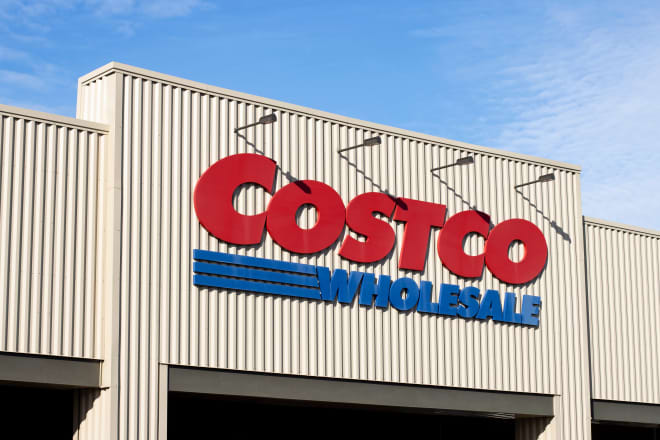Trump’s unpredictable approach to tariffs, his administration’s continued accusations of censorship and the decision to double down on antitrust enforcement have underlined the limits of Big Tech’s approach, even as it sees some wins on deregulation.
“These efforts to build close relationships have not altogether paid dividends,” said Andrew Lokay, a senior research analyst at Beacon Policy Advisors.
“It’s a tough time to be a tech CEO in Washington, D.C., and I think that may come as a little bit of a surprise to some of the CEOs who thought that investing in the relationships with Trump would have a bigger payoff in terms of policy,” he added.
Big Tech had a contentious relationship with Trump throughout his first term, and it took a turn for the worse after numerous social media platforms banned the president in the wake of the Jan. 6, 2021, riots.
Following Trump’s win last fall, the biggest names in tech seemed keen to start anew with the incoming president, visiting him at his Mar-a-Lago resort and offering million-dollar donations to his inaugural fund.
These tech leaders — including Meta CEO Mark Zuckerberg, Amazon founder Jeff Bezos, Google CEO Sundar Pichai and Apple CEO Tim Cook — attended Trump’s inauguration in January, sitting side by side in prime seats in the Capitol Rotunda and giving the appearance of a new rapport with the president.
With Tesla CEO Elon Musk and several other Silicon Valley figures joining the administration, it also appeared as though Big Tech would have key allies in the White House.
“Silicon Valley was perhaps expecting low taxes, low regulation, pro-business perspective in the White House, and to some extent, we’ve seen some of that, with the push for tax cuts in Congress and the president’s deregulatory agenda,” Lokay said.
“But at the same time, tech remains in the crosshairs,” he added.
Read more in a full report at TheHill.com tomorrow.

















































































